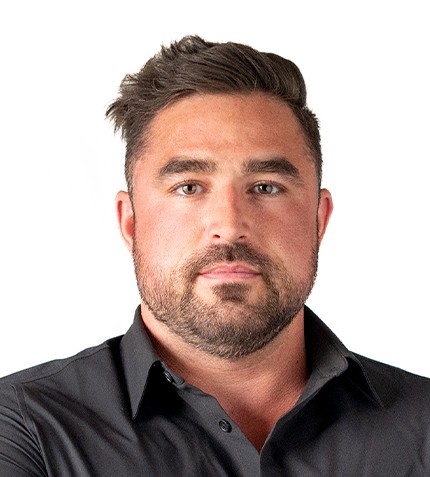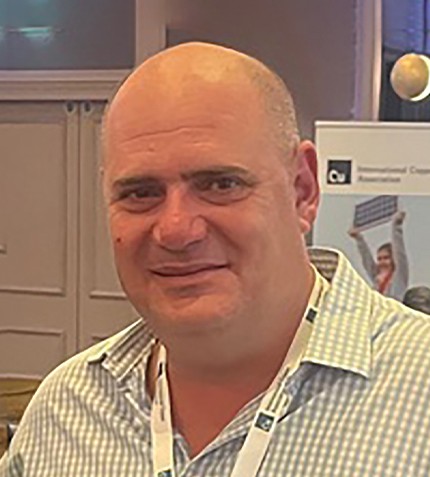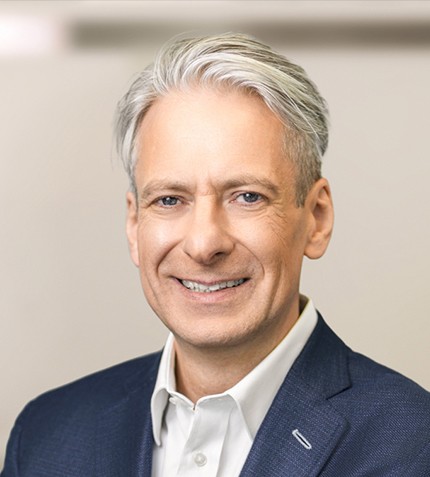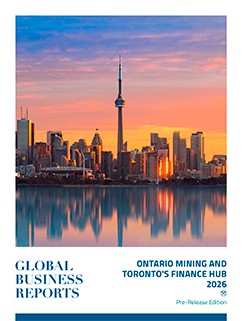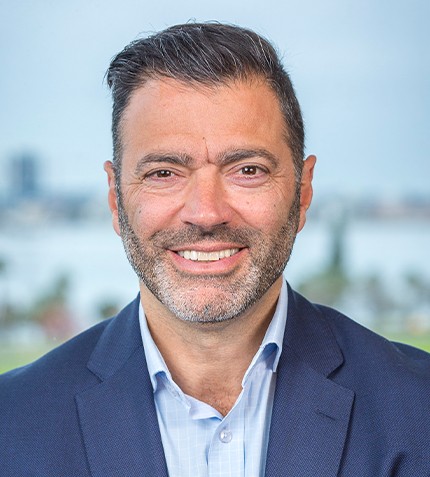
"We pursue a diversified strategy across commodities, geographies, and clients. Africa, Asia-Pacific, and the Americas remain of focus, and we are currently expanding further into the Middle East."
RELATED PUBLICATION
Peter De Leo
MANAGING DIRECTOR & CEO, LYCOPODIUM
Lycopodium is one of the most prominent EPCM partners in Africa. What drives your success on the continent?
Lycopodium has been working in Africa almost uninterruptedly since 1993 and has developed a very good understanding of the local environments. I would say the biggest factor underpinning our success is our corporate reliability: we do what we say we will do and have many long-standing staff who have amassed a wealth of experience through the different project phases. Though we are an engineering and project delivery business, our culture is fundamentally technically led, so we place a lot of value on information engineering (the way technical information is planned, structured, validated, and integrated across a project). That takes a fair amount of planning, and that's why we like to be involved in feasibility study work and project evaluation work to the maximum extent possible, because that's when you can really take the time to map out your execution approach or come up with the best mousetrap, the best technical solution, taking into account the specific nuances of each individual project. And then, when it comes to executing it, making sure that your people are experienced, and that your systems, processes, and organization are supportive. This helps minimize surprises, which inevitably come.
What have been some recent projects Lycopodium has been involved with?
We recently completed work at West African Resources’ large-scale Kiaka gold project in Burkina Faso; Managem’s Boto gold project in Senegal; and Newmont’s Ahafo North gold project in Ghana. All of these are the latest-generation gold projects in West Africa, but each resource is hosted in geologically and metallurgically different ore bodies. For each of them, we put in place the right building blocks so that, once the plant is operational, we can reach nameplate capacity and declare commercial production as quickly as possible.
Besides gold, we work across most major commodities, including copper, uranium, lithium, iron ore, diamonds, platinum and rare earths. We’ve worked on Paladin Energy’s Langer Heinrich uranium mine restart in Namibia and are now working with Rössing Uranium. The Longonjo rare earths project in Angola for Pensana is just one of many we are involved with to meet the growing demand for critical minerals. At the moment, we are delivering projects in Angola, Burkina Faso, Côte d’Ivoire, Ethiopia, Ghana, Mauritania, Morocco, Mozambique, Madagascar, Namibia, Sierra Leone, South Africa, and Tanzania, and studying projects in several other countries.
How has demand for EPCM services evolved over the past five years?
As an Australian-listed global engineering firm, we do not see an abatement in the demand for our services; if anything, demand is on the rise, a reflection of strong commodity prices. But competition is higher, the security environment is more complex, and regulations are more demanding.
How has the acquisition of SAXUM enhanced Lycopodium’s capabilities and footprint in the US and Latin America?
Lycopodium has been active in the Americas for 14 years, with our first office established in Toronto, which serves as our Minerals Americas hub. More recently, we opened an office in Lima two years ago, and one in Vancouver this year. With offices in Argentina, Brazil and Dallas, SAXUM gives us the ability and beachhead to really tackle the American market. Besides bringing that Spanish-speaking network and footprint, SAXUM also offers exposure to the cement and lime industries. Just like Australia, Africa, and any other region, Latin America comes with all sorts of challenges, but I see it as a market where Lycopodium could bring significant value in fit-for-purpose engineering and integrated solutions, especially for mineral resource clients.
What do you see as the greatest risks or headwinds facing Lycopodium over the medium term?
In our world, where our business is our people, making sure we have the right resources, and continuing to attract, develop, and retain them, remains a constant focus. Across the business, we have just under 1,400 people. As projects start and finish, we need to ensure teams are deployed effectively and provide career paths that allow people to develop to their full potential.
We have a suite of initiatives around graduate development, coaching emerging leaders, and ensuring our people have access to a spectrum of Learning & Development tools that enable them to grow their career with us. Retention is sometimes more difficult: Lycopodium has become a mark of quality, so if someone sees a process engineer who has been with us for several years, they know it’s a highly skilled professional.
Do you have a final message?
A current focus is to meet market demand and deliver our style of engineering and execution in the Americas. We see a strong market opportunity there, which is why we acquired a majority stake in SAXUM to enhance our capabilities; we plan to acquire the remaining stake after a period of time.
We also pursue a diversified strategy across commodities, geographies, and clients. Africa, Asia-Pacific, and the Americas remain of focus, and we are currently expanding further into the Middle East, delivering the Yanqul project in Oman. APAC is important not only for mineral resources projects, but also for industrial processes, rail infrastructure, and other industries.





